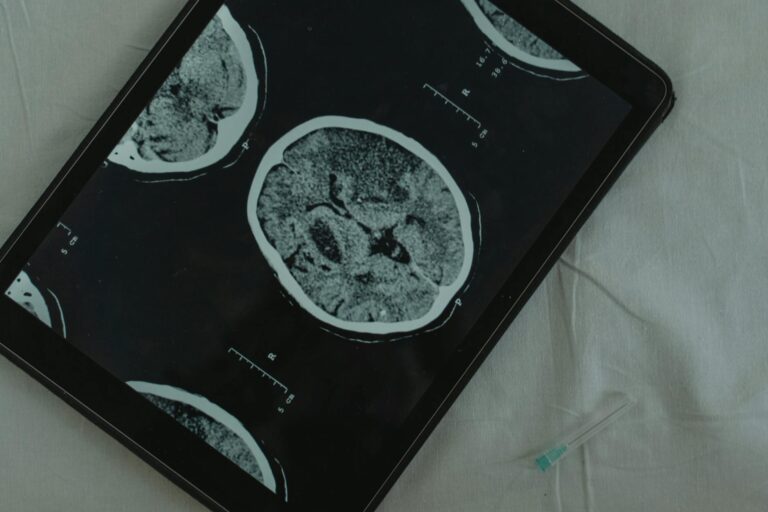The Importance of Home Health Aides for Dementia Patients
As the world grapples with the increasing prevalence of dementia, finding effective ways to support those affected is crucial. Dementia, including conditions like Alzheimer’s disease, impacts millions globally, causing cognitive decline and memory loss. One of the most beneficial approaches for managing dementia is home health care, particularly through the role of home health aides.
### The Role of Home Health Aides
Home health aides play a vital role in supporting individuals with dementia. Unlike caregivers, who focus primarily on personal care and companionship, home health aides receive specialized training. This training includes understanding infection control, medical terminology, and patient mobility, which enables them to assist with minor healthcare needs under medical supervision. They help monitor health conditions and report any changes to healthcare professionals, making them indispensable for individuals with complex needs.
### Benefits of Home Health Aides for Dementia Patients
1. **Personalized Care**: Home health aides create customized care plans tailored to the unique needs of each patient. This approach ensures that interventions remain relevant and effective as the condition progresses.
2. **Medical Support**: Home health aides can assist with medication reminders, wound care, and other basic medical tasks that caregivers cannot perform. This level of care is especially important for individuals in the later stages of dementia.
3. **Safety and Comfort**: By providing care in the patient’s home, home health aides help maintain a familiar and comfortable environment. This setting reduces disorientation and anxiety, enhancing the patient’s emotional stability.
4. **Family Support**: Home health aides collaborate with families, educating them on how to better support their loved ones. This collaboration extends to coordinating with other healthcare professionals, ensuring seamless communication and continuity of care.
### Enhancing Quality of Life
Home health aides not only support the physical needs of dementia patients but also contribute to their emotional well-being. Regular interaction and social engagement from caregivers help reduce feelings of isolation, which is vital for mental health. Structured cognitive stimulation and physical activities encouraged by home health services can improve cognitive function and mood, further enhancing quality of life.
### Conclusion
In conclusion, home health aides are crucial for providing comprehensive support to dementia patients. Their specialized training and ability to offer both personal and medical care make them an essential part of the care team. By integrating medical support, therapeutic interventions, and comprehensive safety measures, home health aides ensure that individuals with dementia can maintain their dignity and quality of life in the comfort of their own homes. As the demand for these services grows, so too does the potential to enrich the lives of countless individuals and families grappling with the realities of cognitive decline.





